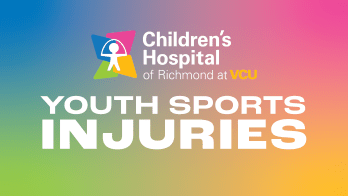An emerging body of research suggests that sleep-related hunger and food cravings, which may contribute to weight gain, are fueled in part by certain gut hormones involved in appetite. But our brain, and not just our belly, may play a role as well, reports Health.com.
According to two small studies presented today at a meeting of sleep researchers in Boston, sleep deprivation appears to increase activity in areas of the brain that seek out pleasure – including that provided by junk food. To make matters worse, sleepiness also may dampen activity in other brain regions that usually serve as a brake on this type of craving.
“The pleasure-seeking parts of the brain were stimulated after an individual was sleep-deprived,” says lead researcher Marie-Pierre St-Onge, Ph.D., a research associate at the university’s New York Obesity Research Center. “People went for foods like pepperoni pizza, cheeseburgers and cake.”
Researchers working in this field suspect that tired people gravitate to high-calorie foods because their bodies and brains are seeking an extra energy boost to help them get through the day.
“We hypothesize that the restricted-sleep brain reacts to food stimuli as though it [were] food deprived,” St-Onge says.
Previous studies have established a link between sleep deprivation and obesity, although it remains unclear how sleep might affect weight gain (or vice versa). In an effort to unravel the relationship, researchers have begun exploring how insufficient sleep influences hormones and appetite. Several recent studies – including one led by St-Onge – have found that people who are sleep deprived tend to snack more and consume more calories.
Hunger and cravings may not be the only factors, however. A second study suggests that so-called higher-order brain functions – those that help up us weigh pros and cons and make complex choices, including about what we eat – may be compromised by a lack of sleep.
When volunteers were sleep-deprived, their brains showed diminished activity in networks involved in decision-making, not simply increased activity in pleasure-seeking areas.
This finding suggests that tired people are drawn to fatty and high-calorie foods partly because their ability to process information and make decisions is impaired.
“Fewer subjects… took health and taste into account” when rating their food preferences after a sleepless night, says Stephanie Greer, a researcher at the Berkeley Sleep and Neuroimaging Laboratory, who led the study.
















